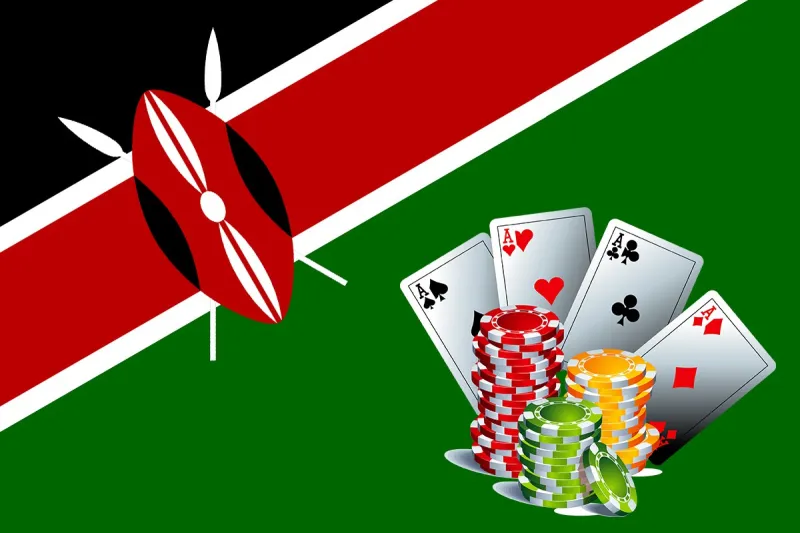
Kenya marks Sh20 least betting amount in fight against gambling
The Betting Control and Licensing Board (BCLB) has proposed the minimum stake for online gaming and those using gambling machines.
Currently, gamblers stake less than Sh5, which has made betting cheap and fuelled rapid growth among the young and vulnerable persons hoping to win millions in prize money.
The Betting Control and Licensing Board (BCLB) has proposed the minimum stake for online gaming and those using gambling machines.
Currently, gamblers stake less than Sh5, which has made betting cheap and fuelled rapid growth among the young and vulnerable persons hoping to win millions in prize money.
“A player in an online gambling activity shall not bet an amount of less than twenty shillings in a competition,” BCLB says in the draft
Gambling Control Bill, 2023.
“The minimum amount set above shall be inclusive of such a saving component for the player as shall be determined by the Authority in consultation with the Cabinet Secretary.”
Betting firms and gambling machine operators who flout this requirement will be fined Sh5 million or imprisonment for a term not exceeding six years.
A few firms, including Betika and Milestone Gaming (trading as SportPesa), have fixed the minimum betting amount at Sh50 to make gambling relatively expensive for the unemployed and youth.
Gambling has grown over the years from a pastime to an activity for Kenyans seeking cash to pay daily bills.
A Central Bank of Kenya survey conducted in 2021 showed that 13.9 percent of respondents were actively betting, with those who perceive the activity as a source of income at 11.2 percent.
The survey also found that the average amount used for betting per week was Sh939 even as the government warned that more Kenyans apply for mobile loans to finance their gaming addiction.
Another research conducted across Africa in 2021 revealed that Kenyan youth topped their counterparts on the continent in betting, with over 80 percent of respondents saying they were taking part in the activity.
Experts reckon that the spike in betting addiction is being fuelled by the high rate of unemployment as youth turn to gambling in the hope of making quick cash.
Gambling in Kenya generally takes place online, allowing punters to stake and withdraw winnings on their phones without needing a bank account.
The craze has also led to the establishment of betting shops where scores of Kenyans go to bet on live sports events, mostly during the weekends.
BCLB’s push for minimum betting stakes is the latest weapon that the State has turned to as the betting craze grows unabated, defying heavy taxation on punters and gaming firms.
The State increased the excise tax on betting stakes to 12.5 percent from July 1 this year, adding to the 20 percent withholding tax that punters forfeit to the Kenya Revenue Authority (KRA) for every winning stake.
Punters placed a record Sh88.5 billion through online bets in the full year to June 2023, handing the KRA Sh6.64 billion in excise taxes in the period from the Sh5.1 billion raised a year earlier, highlighting the betting craze that has defied higher taxation.
Betting firms have also been on the increase, with 10 new firms joining the market from July this year, bringing the number of licensed operators to 71 despite the heavy taxes imposed on the firms.
The firms are currently taxed on the gross gaming revenue turnover minus winnings paid out – at a rate of 15 percent.
They also pay corporate tax on profits at a rate of 30 percent and income tax at the standard rate of 16 percent.
BCLB has also proposed a gambling tax to be charged at the rate of 15 percent of a betting firm’s gross gaming revenue and a further one percent monthly levy on the same revenue.
Source: Nation Africa (John Mutua)
